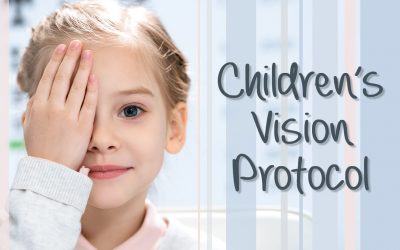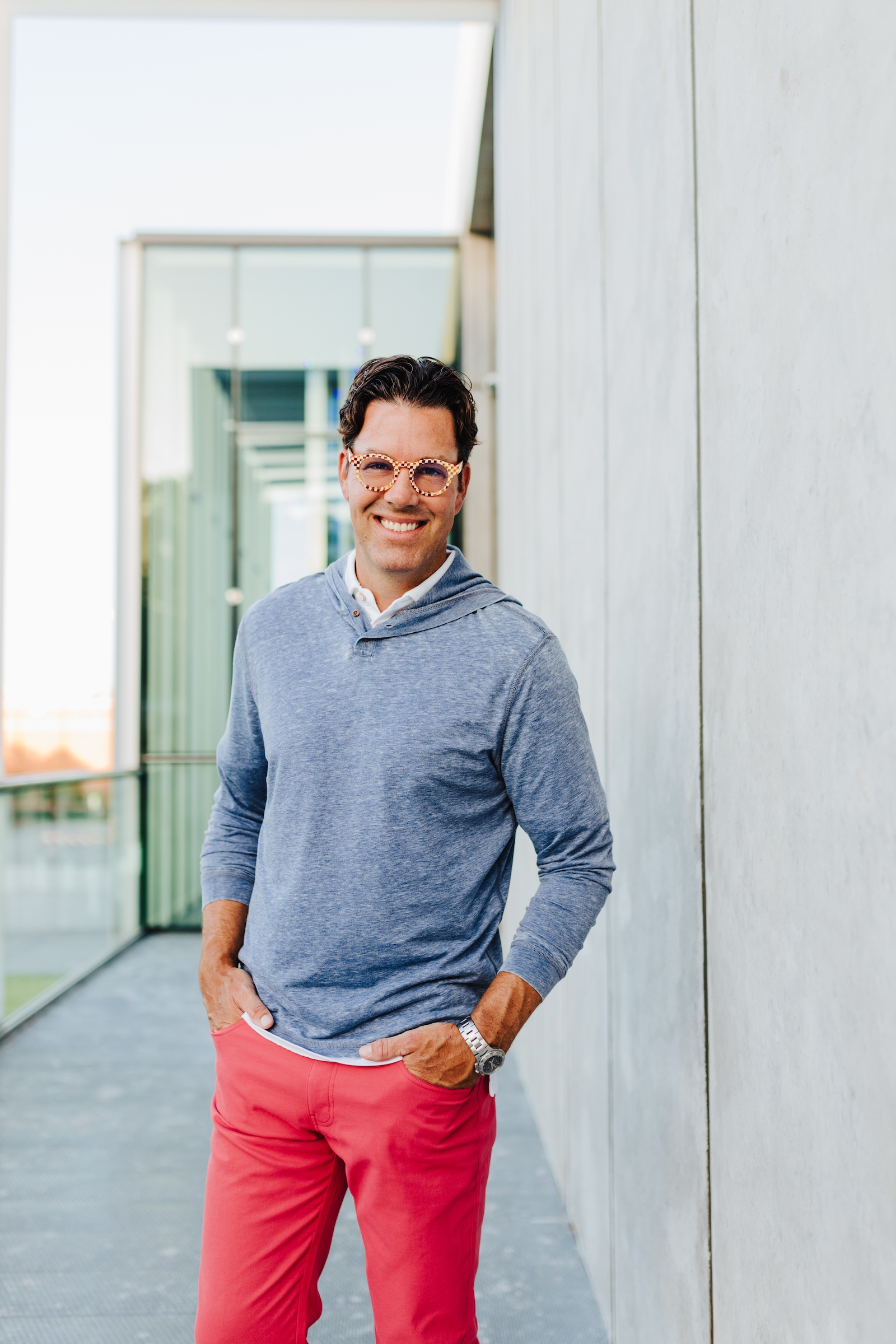Children constantly grow and change. Their clothes become too small, their shoes become too tight, and their skills become more advanced. Although for parents, these stepping stones may happen too fast, it’s a part of life. It is important to get your children’s vision regularly checked to keep up with this constant activity throughout their fast-paced life. Below are a few questions parents may have surrounding their child’s first eye exam:
Questions About Your Children’s Vision
- Why are children’s eye exams so important?
- When should my child have an eye examination?
- What goes into scheduling my child’s first eye exam?
- What are the common eye tests my child will have to do?
Why are children’s eye exams so important?
Children use their eyes to do everything! Your child’s success in learning and development can be, in part, traced back to their vision. About 80% of the information a child learns in school is taught visually, making clear vision essential for a child’s developmental success. A comprehensive eye exam for your child will ensure they have the precise eye teaming, eye movement, and focusing skills needed to succeed.
When should your child have an eye examination?
Your child should typically have his/her first eye exam around six months of age. If your eye doctor determines your child’s vision is normal, their next eye exam commonly isn’t required until three years old, and then again around five or six. Following this checkup, it’s common to have an exam every other year as long as your child doesn’t develop any vision problems that require attention.
What goes into scheduling your child’s first eye exam?
After scheduling your child’s first eye exam, pay attention to these warning signs your child may need vision correction. If you notice any of the above, make sure to mention this to your doctor during your child’s exam.
- Delayed motor movement
- Constantly rubbing of his her/eyes
- Excessive blinking
- Failure to maintain eye contact
- Poor eye tracking skills
What are common eye tests my child will have to take?
The tests your eye doctor performs depend on your child’s age. For infants, typical tests will make sure their pupils are filtering light and focusing properly on objects. For preschool children, tests focus on retinoscopy, lazy eye, proper alignment, and general eye health.
Do you want to take the next steps in ensuring your child has full potential regarding his/her vision?
Contact our office today to ask our staff any questions you have about your child’s next appointment. Our team is prepared to guide you through the next steps in ensuring your family’s vision stays in line.



